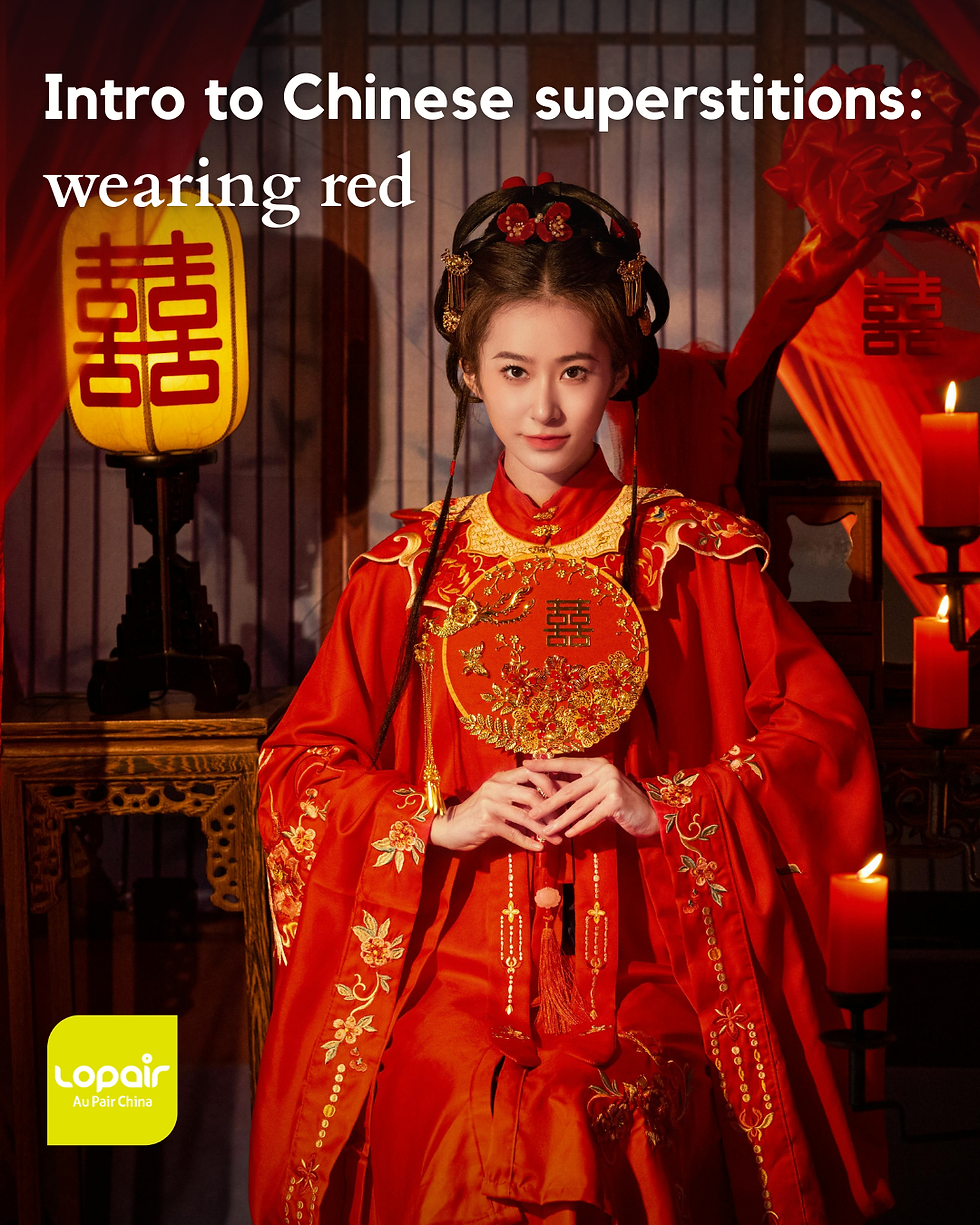The Good, the Bad, and the Ugly of Learning Chinese
- kwxwork
- Jan 30, 2024
- 3 min read

Any mention of the Chinese language in the West is usually associated with mutterings of its assumed impossibility to learn. Fortunately, the Chinese classes provided by Lo Pair are great; the teachers are patient and lively, the setting is relaxed and learning Chinese can actually be fun, not the brain torture it is often expected to be.
The Good
Firstly, let’s consider the good. Chinese is an extremely logical language. The language was designed to be quick and simple and often omits many of the additional grammatical elements of European languages.
Unlike Germanic and Romance languages which require different verb endings depending on who you are you talking about (conjugations), the creators of the Chinese language clearly, quite rightly, thought that this was an unnecessary addition to a language. Therefore, in Chinese, it’s the same verb for every single person.
For example, take the verb Shuō, which means ‘to speak’
I speak is Wǒ Shuō
You speak is Ni Shuō
And, yep, you guessed it, he/ she speaks is Tā Shuō
Chinese also does not have any gendered nouns like many European languages, nor does it have tenses. Instead, when communicating the sequence of actions, time phrase expressions are used, such as zuótiān (yesterday) and huì (will).
Many Chinese words are made up of simple literal components, such as the word: shǒujī (mobile phone), which is made up of the components: shǒu= hand, and jī= machine.
The Bad

Now the bad. The intricate strokes of the seemingly identical Chinese characters are enough to strike fear into any westerner and cause many to sigh, give up and just watch Netflix instead. Yes, there are so many and it takes a serious time investment to learn them but actually learning them can be pretty fun. It’s quite cool to think that all of the characters were first derived from a pictorial drawing and though throughout the centuries the characters have changed and become increasingly standardized and simplified, for many you can still decipher the original image.
Take for example:
山 = mountain
口= mouth
人= people
火= fire
When the characters begin to have a meaning to you rather than simply being random lines on a page, it is a very rewarding feeling.
The Ugly

Now for the ugly: the tones. In Chinese there are four ways of pronouncing vowel sounds and which tone you say changes the entire meaning of the word.
Take for example the word ma- in the first tone it means mum. But in the third tone it means horse, so perhaps when you are referring to your host mum pay particular attention to what tone you use!
It is hard for a non-native speaker to identify the difference between the tones, and in your first few weeks you may struggle to differentiate them. Many times learners try to pronounce a word only to be told that they are saying it in the completely wrong tone and then not be able to hear the difference when corrected.
It is hard for a learner to identify the difference between the tones, and in your first few weeks you may struggle to differentiate them. Many times learners try to pronounce a word only to be told that they are saying it in the completely wrong tone and then not be able to hear the difference when corrected.
The pronunciation is definitely the hardest part of the language but with practice you will get there. And whether you say horse instead of mum, it will make a funny story to tell to your friends and family back home.
Extra Resources:
Apps:
Duolingo: an amazing tool for any beginner in a language. You will learn the characters of many common, daily topics.
Chinese skill: equally another great app for a beginner to learn key vocabulary
Pleco: an online Chinese dictionary
Books:
Chineasy: a book that teaches you Chinese characters with the help of colourful illustrations to help you associate the character with the visual image
YouTube:
Yoyo Chinese: simple short videos made by a Chinese woman to teach you spoken Mandarin
MYBY: a British guy and American guy produce videos in Mandarin and discuss their experiences of living in China and daily cultural differences
Y China: a group of Chinese-speaking westerner expats living in China interview Chinese or foreigners about aspects of Chinese culture
TV Series:
Nirvana in Fire (琅琊榜): A fascinating historical political drama that won an Outstanding Television Drama Award at the Flying Apsaras Awards, the highest government honor given for outstanding achievement in the television industry. The series tells the story of Lin Shu, who, under the alias Mei Changsu, enters the capital of Liang to seek justice for a conspiracy that labeled his family as traitors 12 years before.
The Legend of White Snake (新白娘子传奇): based on a traditional Chinese legend of a romance between a white snake who transforms into a woman and a man. A monk meddles in their romance by using magic.
Empresses in the Palace (甄嬛传): centered around the happenings in the Imperial Palace during the Qing Dynasty.
Don't forget that learning a language is a marathon, not a sprint!









Comments